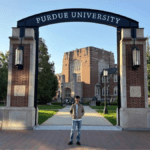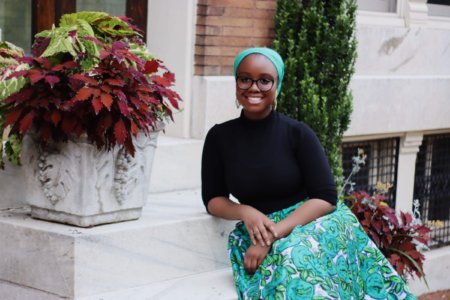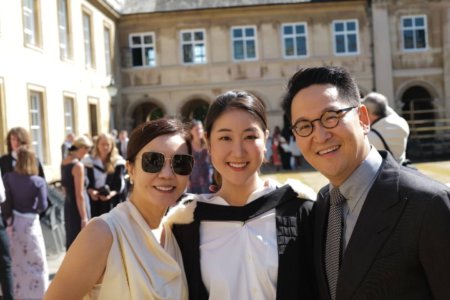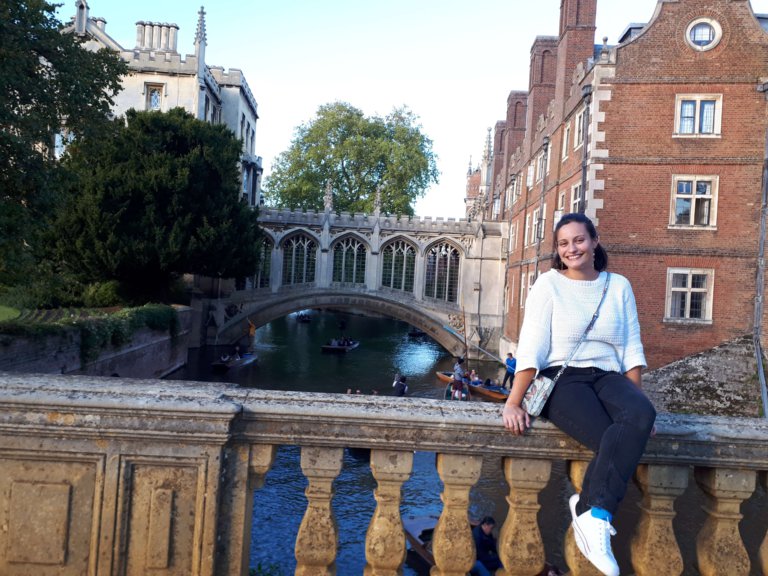
Hailing from Brazil, Giulia Serenato is an accomplished young woman who knows the importance of international education and European integration. After crafting a memorable Erasmus experience at the University of East Anglia in the UK, she’s now the president of Erasmus Student Network (ESN) at Alcalá University in Spain.
ESN is a group of volunteers who connects international students with the local community. They go on trips, play sports and host social activities throughout the year. Serenato finds this very rewarding.
She learned how to be a bridge between cultures during her Erasmus experience in the UK, where she studied translation and interpreting. It’s a passion that stems from her childhood. Her mother, who worked as a tourist guide, inspired her to learn about places and seek diverse perspectives. We caught up with her via email to learn more about her Erasmus experience thus far.
Do you think it would have made a difference if you studied at a local institution?
For sure, there are several advantages to studying abroad. The first and foremost is that you can study modules that may not be available in your home uni which was the case for me with my interpreting modules. Secondly, all the soft skills you learn abroad are only acquired once you are away from home.

Serenato knows the importance of learning new languages and cultures. Source: Giulia Serenato
Social inclusion, patience, resilience, how to manage your budget, dealing with housemates from different cultures, meal planning, laundry and so on. These are all things you can only know of from an experience abroad, which I would have missed out on if I had stayed at my home uni.
Tell us more about your role as ESN president.
My role is to lead a group of volunteers in activities and workshops that meet our vision, mission and objectives as a whole. ESN is an international network. In Spain, there are more than 35 sections at different unis.
We all work together to discuss issues like employability, environment, culture, and so forth. Through workshops and activities, we integrate the local community with international students. My role as the president means I have administrative duties to oversee that all volunteers and board members are organised. Additionally, I also have to make sure all the admin requirements are met. This involves skills like leadership, conflict resolution, and the ability to change and adapt.
I’m also required to know about how the Erasmus+ programme works, alongside the functioning of ESN at a local, national and international level. The main challenges during the pandemic were the government recommendations that kept changing. This made it difficult to keep my volunteers motivated to create engagement with international students. However, with a great team and teamwork, we are working to tackle these challenges.
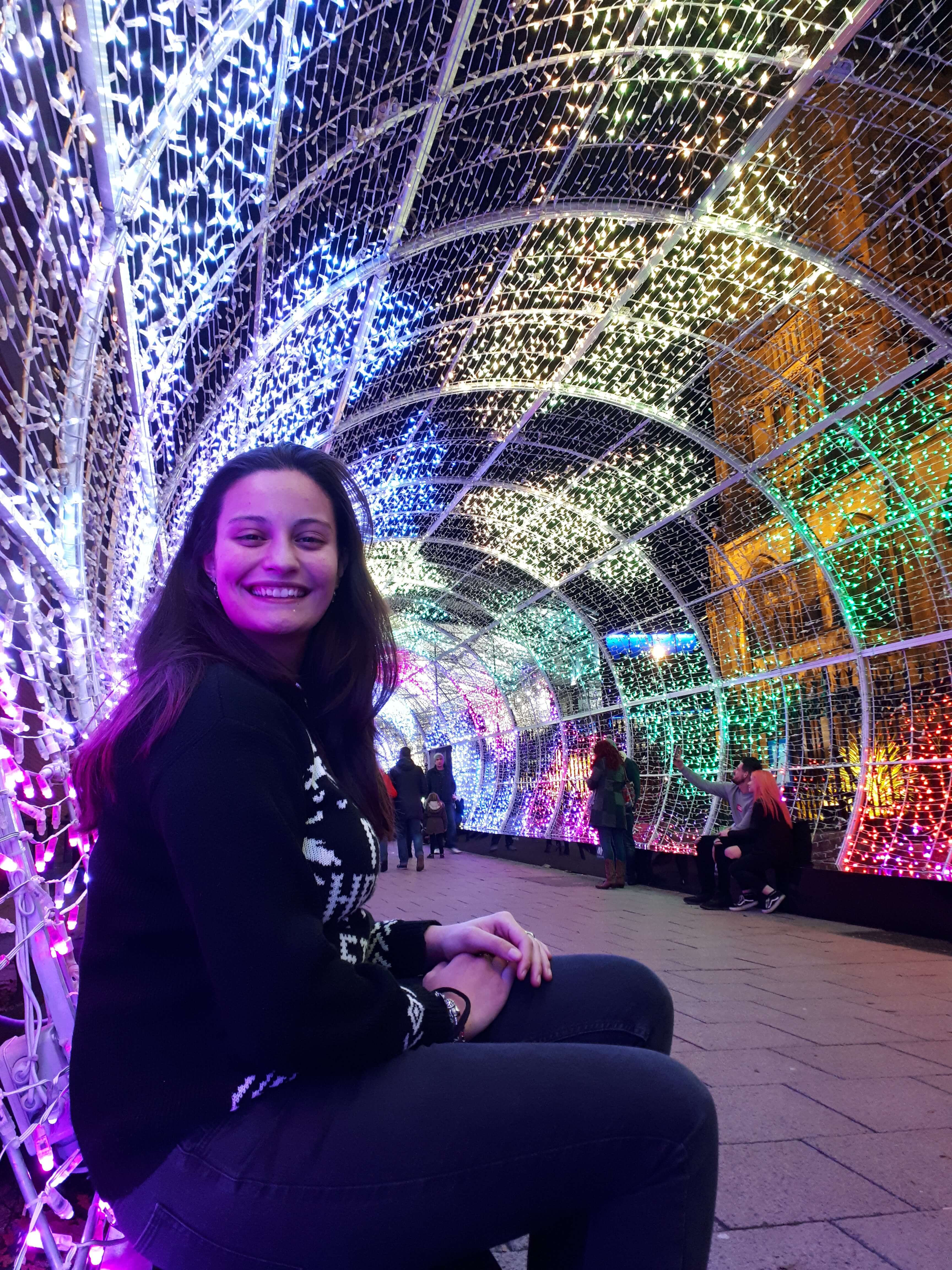
A year abroad can be an eye-opening adventure. Source: Giulia Serenato
What plans do you have for ESN?
We aim to accomplish our action plan with ambitious projects, such as employability fairs or small talks. We are making a headstart with this right now, so hopefully, this will be available to students next month.
What we do is talk to all kinds of professionals; teachers, doctors, CEOs, receptionists. Our aim is to involve even more local and international communities. We try to avoid this general feeling of isolation by doing online activities so no one is left behind.
Tell us about your most memorable Erasmus experience.
My lecturer Sharon Black’s modules on interpretation are absolutely marvellous. I got to discover a completely new profession, which I am really keen about. I covered the theoretical and practical aspects of it. This was accomplished by working together with first-year students from other degrees such as law and medicine.
What fond memories with teachers at your uni can you share with us?
There are several lecturers that made a big impression on me. From my local institution in Spain, I could mention Elena Alcalde Peñalver, Bruno Echauri Galván and Esther Laso. Those from my Erasmus uni were Sharon Black and Carlos de Pablos-Ortega. All of these teachers helped me in different ways that made me explore my full academic potential.
What are the practical learning elements in your course?
All translations and papers we work on tend to be real documents that you would find in those fields. There are even old translations that were done by my lecturers years ago, so everything that we learn — no matter which module — is focused on the work we will perform upon graduation. All this makes finding a job easier and faster because you already have the knowledge and expertise.
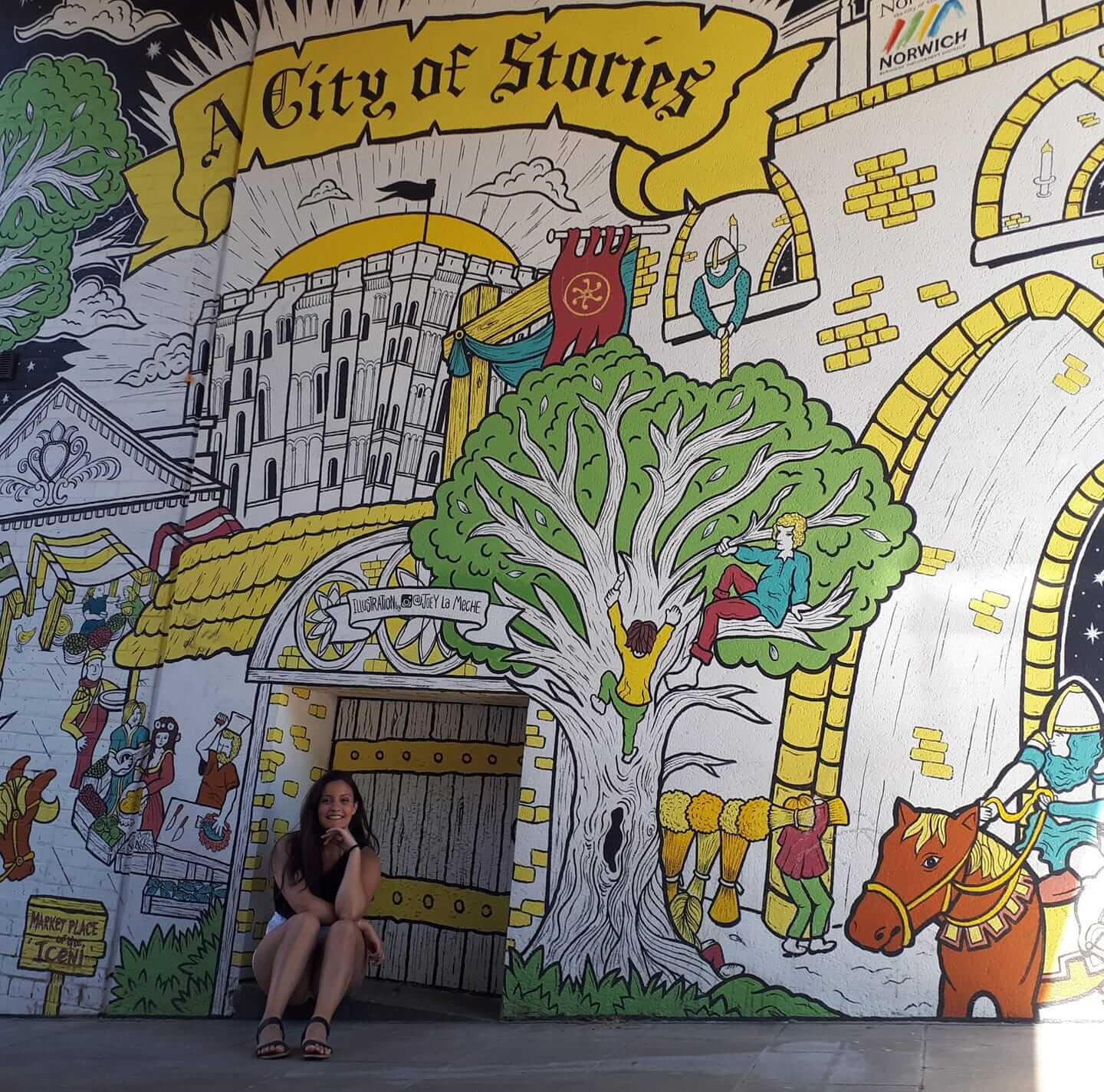
As an ESN president, Serenato has responsibilities to help bridge the gap between the local community and international students. Source: Giulia Serenato
What are your academic goals and skills gained thus far?
Right now, my only academic goal is to graduate. I still need to find a good dissertation topic and deliver it, which is what I’m working on. Throughout studying this course, I have acquired several skills which are all related to a translator’s job. However, the ones I use the most at present are time and stress management.
Do you plan to progress into further study?
I’m searching for postgraduate programmes in the field of forensic linguistics or conference interpreting to work in these fields.







